
North Carolina is trying to lure cleantech investments — and in the process is creating a sustainably-focused startup cluster in the Triangle.
There are major challenges, particularly in a year where a valuation correction has made it tough to fundraise. According to Climate Tech VC, climate-related startups saw a 40 percent drop in funding for the first half of the year. But companies say are pushing forward and have big plans for 2024.
North Carolina is clearly trying to create its own niche in the sector. The state has announced more than 17,500 jobs in the clean-energy sector since 2017, representing projects bringing more than $22.1 billion in capital investment to North Carolina.
That includes sustainably-focused companies like Kempower and Epsilon Advanced Materials, which this year picked the state for investments expected to create hundreds of jobs.
Chris Chung, CEO of the Economic Development Partnership of North Carolina, said the state’s energy policy and competitive power prices can give it an edge over other locations, particularly in battery-related projects.
“All things being equal, they would prefer to be in a place that their power is being generated from renewable or clean energy sources,” he said.
But the state isn’t just in line to recruit cleantech companies. It’s also creating them through homegrown startups.
Here are nine clean tech startups we’re watching:
Plantd
It’s been a big 2023 for the startup, which is making construction materials derived from grass. Over the summer, the startup, which has a major production facility in Oxford, signed its first major partnership with homebuilder D.R. Horton, a win cofounder Josh Dorfman called “validating” for the materials his firm has been developing as a carbon-friendly alternative to wood.
![Plantd Hemp OSB Prototype[1]](https://media.bizj.us/view/img/12124736/plantdhemposbprototype1*540xx1697-2262-225-0.jpg)
Nala Membranes
The company, headquartered in RTP, looks to advance water purification technology by developing membranes that can tolerate disinfectants like chlorine. The startup was cofounded by mother-daughter team Sue Mecham and Judy Riffle in 2018 and has started sending out samples. The next goal is to scale up and potentially do pilot trials with customers.
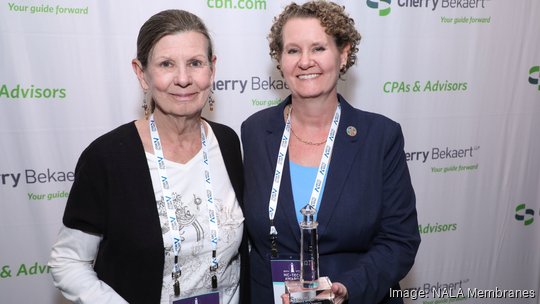
Natrx
The Raleigh startup, led by Leonard Nelson, has had a big year, raising $3.5 million in October to fuel its expansion. And soon after that, it secured a $1 million National Science Foundation grant to continue to develop its remote-sensing technology. The firm dry prints a concrete material used in coastal resilience – everything from artificial coral reefs to seawalls. And it’s also developing a technology platform that can assess how coastlines erode.
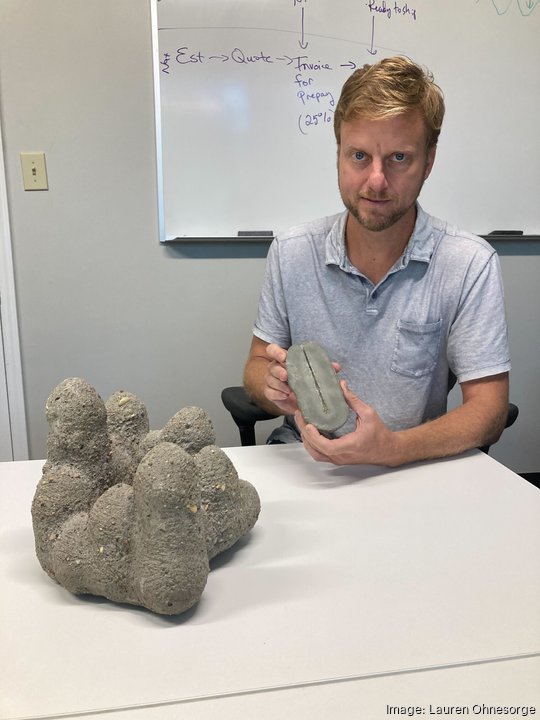
GreenPlaces
The Raleigh sustainability startup, which closed on $13 million over the summer, is developing software that allows companies visibility into their own carbon footprints, as well as insights to help them reduce emissions and save money. It’s led by Alex Lassiter and is hiring.
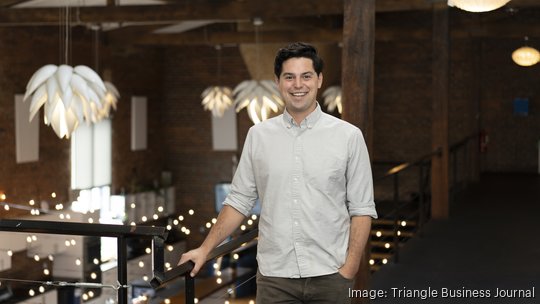
Nuvoda
The Raleigh-based water treatment technology firm uses a plant called kenaf, grinding it into particles before reassembling it into compressed bricks. Those bricks are then used in wastewater treatment facilities where the particles disburse and become the media for biofilm to grow – filtering fertilizer nutrients like phosphates and nitrogen. The firm is led by CEO Jonathan Lister and is working to expand internationally.
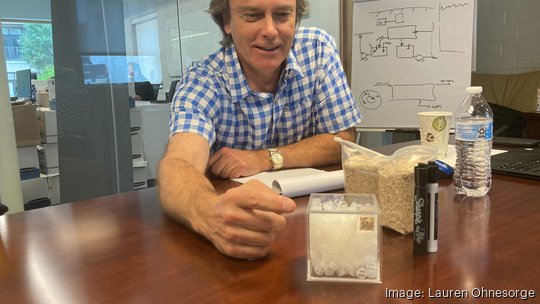
Keel Labs
The Morrisville startup, founded in 2017, made a big splash at Paris Fashion Week this year when dresses made from its kelp-based materials walked the runway. Keel Labs is working to develop seaweed into textiles. The firm, founded in 2017 and led by Tessa Callaghan, moved its headquarters to the Triangle last year.

Net Power
The company, one of the Triangle’s newest public entities thanks to a SPAC deal that raised more than $670 million in June, is developing zero-emissions power plants. The Durham firm came out of 8 Rivers, and is now led by Danny Rice. Its first utility-scale clean energy power plant is being built in Texas.

Phinite
The Raleigh startup that recently disclosed a $3 million fundraise is trying to turn a liability into a resource for farmers. The company, led by Jordan Phasey, is manufacturing fertilizer from manure. Jordan Phasey says most fertilizer is produced in ways that are fueling the climate crisis. Phinite is trying to change up the game, funding farmers in the process.
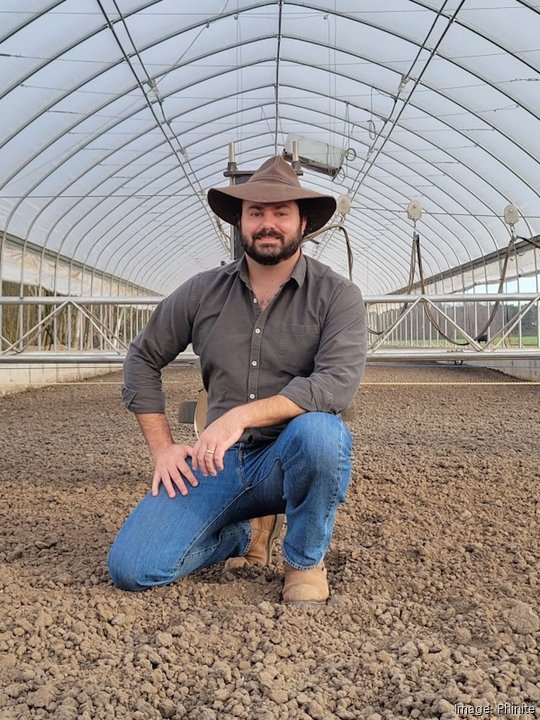
Nimble Energy
The Pittsboro facilities management company is trying to save building managers money, says CEO Jeff Soplop. The firm helps managers manage energy usage, potentially saving them money. The company is in the process of raising $500,000.
